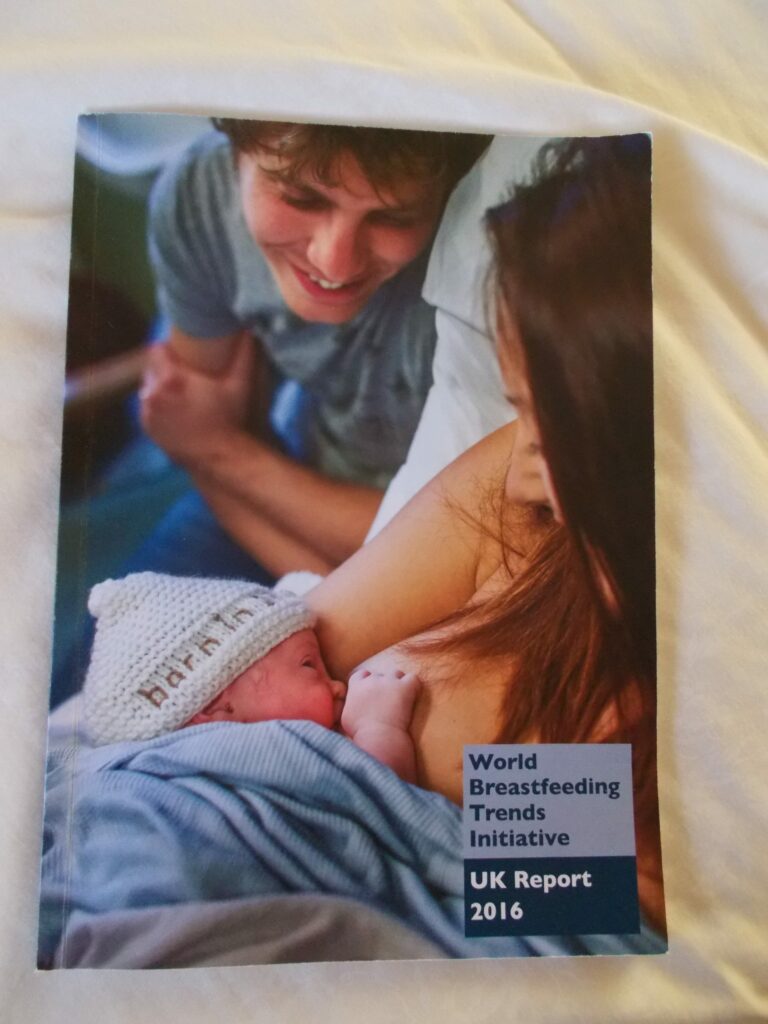Include infant nutrition!
Nutritank’s statement of the lack of nutrition education in medical training really resonates with me.
My specialism is infant feeding. Being breastfed is well-evidenced as linked to better health outcomes (Lancet 2016). Antibodies and antibacterial components of breastmilk help to protect against infections in infancy, but there is also a reduced risk of some non-communicable diseases, like diabetes. The gut microbiome provides a mechanism. Oligosaccharides in breastmilk feed the beneficial bacteria in an infant’s gut enabling a healthy microbiome, which aids development of a healthy immune system.
Sadly, although most UK mothers plan to breastfeed, by 6 weeks after birth fewer than 50% of babies receive any breastmilk at all. Mothers who stop early may feel upset, angry, guilty… Breastfeeding can be tough, particularly in the early weeks, and mothers often need skilled support and encouragement to enable them to continue.
Doctors are very well placed to have a positive influence, providing information directly or signposting to more skilled support.
This is particularly relevant now with Covid 19 as breastfed babies are less likely to require hospitalisation or to need GP care, thus needing less from the NHS. A mother with Covid 19 passes antibodies to her baby.
The World Breastfeeding Trends Initiative UK report in 2016 showed that UK medical training in breastfeeding is inadequate. I certainly echo Nutritank’s call for UK medical schools to increase nutrition education and ask that infant feeding is included. I have written a free e-book (PDF) as a resource particularly for trainee doctors.

